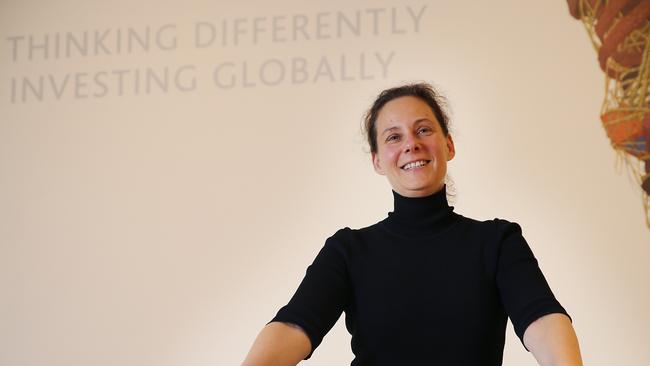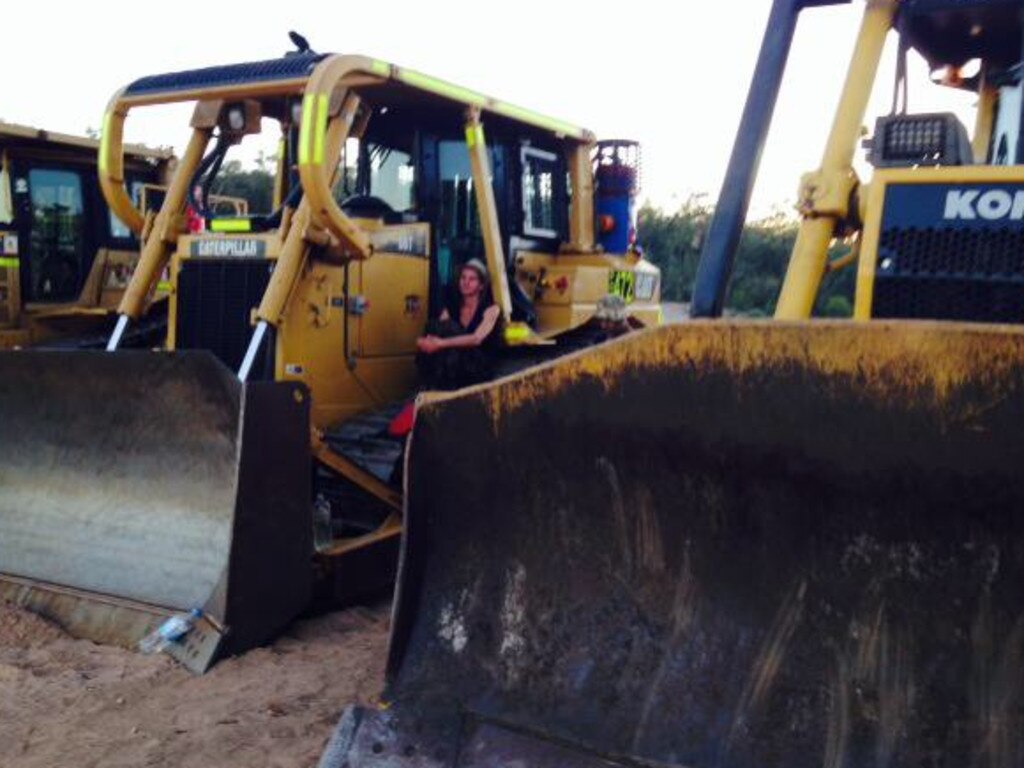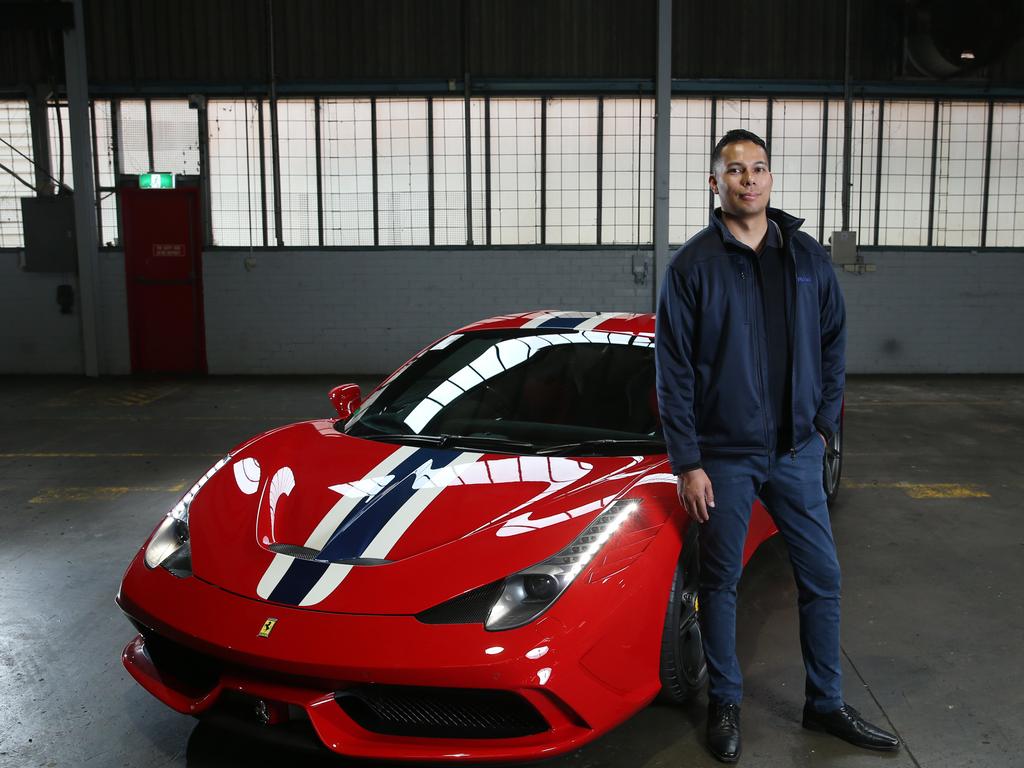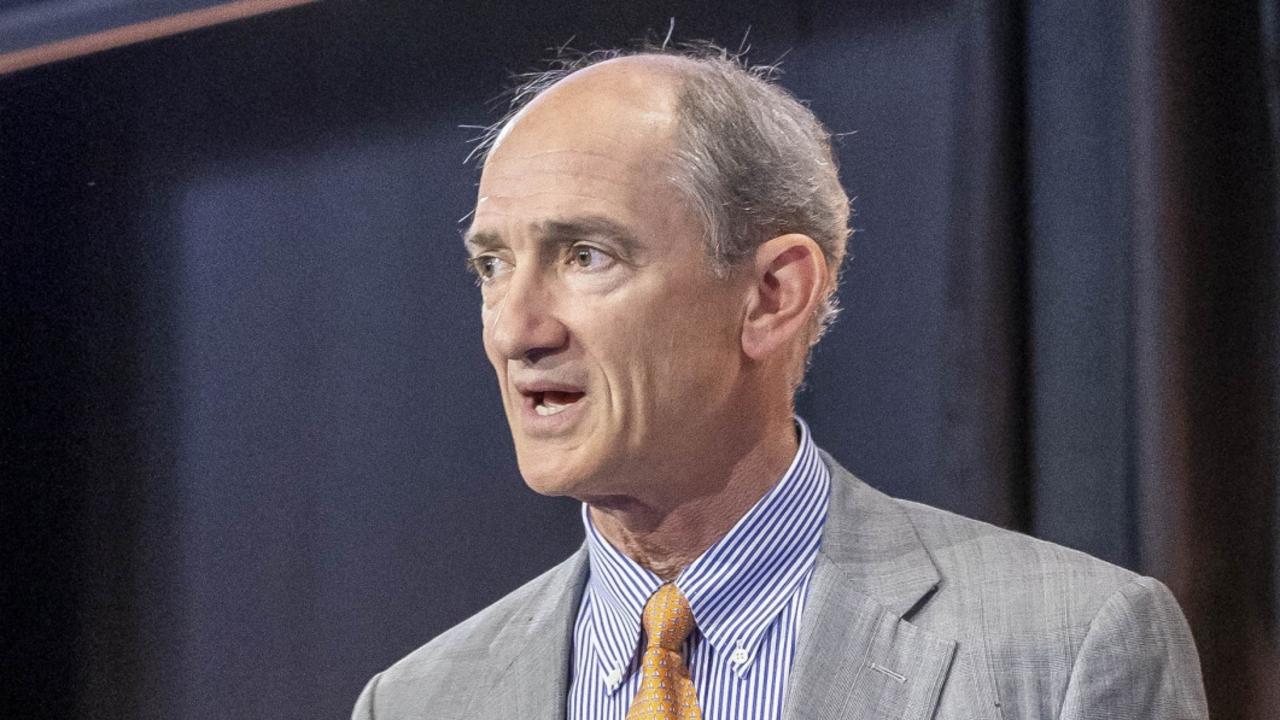Hedge your bets on COVID, virologist warns Canberra
The government should diversify its exposure to different vaccine makers, says Bianca Ogden.

Bianca Ogden — a virologist turned stockpicker — has urged the Morrison government to look at deals with COVID vaccine makers other than just AstraZeneca and the University of Queensland.
The German-born Ms Ogden, who now runs Platinum Asset Management’s $350m healthcare fund, said the government should diversify its exposure to different vaccine makers.
“I wish the government would be more open to other potential vaccines and hedge their bets as we have seen with other governments,” she told The Weekend Australian.
She said questions that recently emerged with the AstraZeneca-backed research being done by Oxford University highlighted the risks of backing just one or two researchers.
“You always want to hedge your bets,” she said.
“You have to have different technologies to see which one is going to come out.
“At the moment it is all about AstraZeneca.
“I would like to see a bit more diversification.”
The Morrison government this month signed a $1.7bn production and supply deal with CSL to manufacture the two types of COVID-19 vaccines. The deal includes producing a total of 80 million doses, with the first tranche expected to roll off production lines in early 2021.
Some 30 million of the doses will be the Oxford University/AstraZeneca vaccine, which is the world’s most advanced, currently undergoing phase three clinical trials.
The remaining 50 million doses will be the vaccine CSL has been developing with the University of Queensland since January. It is currently undergoing phase one trials, which if successful will lead to phase two and three trials later this year.
She said a number of other companies were working on new vaccines against COVID using different techniques, particularly messenger ribonucleic acid (mRNA), which were taking longer to develop but could produce better results in the longer term.
“In the next couple of weeks, we will get the results from the late stage development programs of the various vaccines that are the frontrunners now,” she said.
“There will be some positive news out of that.”
She expects that by the end of the year vaccines will be made available to vulnerable groups such as healthcare workers and the aged. “It depends on what this data says in the next couple of weeks,” she said.
Vaccine will come
But she added that other companies were working on potential vaccines that might not come out until next year.
“The vaccines being developed by Sanofi, GlaxoSmithKline and Johnson & Johnson are now moving into later stage testing,” she said. “You will have that batch out next year.”
Ms Ogden said she was interested in vaccines involving mRNA technology.
She said Platinum had invested in a German company called BioNTech, which was working with Pfizer and Chinese company Fosun to develop a vaccine based on mRNA technology.
She was also watching another vaccine being developed in an alliance between Sanofi, a stock which is also held by the Platinum healthcare fund, and GSK.
“It could be a good one, but it will just need a little longer,” she said.
Ms Odgen’s International Health Care Fund produced returns of 31 per cent in the year to the end of June as healthcare-related stocks rose as a result of the pandemic.
Ms Ogden said a lot of work was being done in the development of drugs to help treat people who had the COVID-19 virus.
“We also need therapeutics to help vulnerable people feel comfortable,” she said.
“In the past couple of weeks, Pfizer has moved into an antiviral which targets the protease of the virus in clinical trials.
“That is what we need as well.”
Platinum investing
Platinum has also invested in the Sydney-based biotech company Speedx, which has done deals with US companies to supply COVID tests to several US labs.
Ms Ogden said the world had now learned how to deal with COVID much better, including diagnosing and treating it.
She added that healthcare workers were now better able to treat cases of COVID-19 as they realised it was a blood disease, and not a respiratory disease as was first believed. “It attacks the blood and the oxygenation of the blood,” she said.
When patients came into hospitals in Germany, she said, their blood oxygen levels were tested.
She said the amount of testing around the world had also increased significantly.
“Now people can get tested as soon as they have symptoms,” she said.
She said researchers were now more targeted in their approach to the virus as they learned more about it.
The initial approach was to look at products that were already available and might be able to treat or become vaccines against COVID, she said.
But they were now working on products that specifically targeted the virus.
“Now we are saying this is a new virus; what can we make against it?”
Ms Ogden said there were different approaches being used around the world in dealing with the virus.
“In Europe, they enjoyed a nice summer,” she said. “People went on holidays and now they have to deal with the aftermath of the rise in infections.”
Ms Ogden said the COVID virus had persisted because it was very smart. “It has asymptomatic infections where it allows people to walk around without being sick, allowing it to be transmitted further.”
She said there would not be a single vaccine that would conquer COVID.
“No vaccine is going to give us 100 per cent protection,” she said.
“We will get better over time.
“Next year we will have a better vaccine than maybe at the end of this year.
“But what we really need is therapeutics to really help vulnerable people to feel comfortable so we can treat it with targeted antivirals.”
World has adapted
She said the world had adapted far better to dealing with the virus than she had expected, including large-scale working from home.
“We have all adapted much better than I thought, but to really make families and grandparents come together in a more relaxed way will need some kind of medication and vaccine.
“We will have something but it is not going to be what we think — so we now all be protected and off we go on a plane.
“It is more gradual.”
She said once a vaccine became available there were other major issues on making it available to the general population.
“Deploying it will be a massive logistical exercise,” she said.
“There is chatter about how to get enough glass vials and stoppers for the glass vials.”
“Who makes that? There are not many people who make these type of glass vials.
“It is all of that supply chain. It will take time to administer.
“This is just the start of a journey that we are on. In the end we will get better at it”.







To join the conversation, please log in. Don't have an account? Register
Join the conversation, you are commenting as Logout